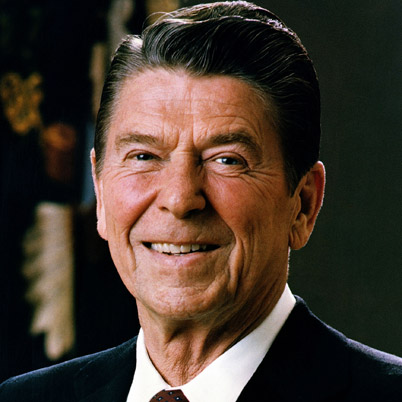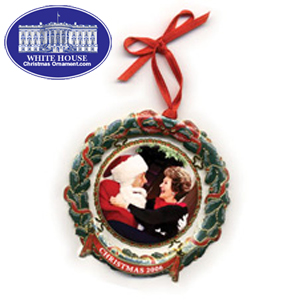Ronald Reagan Views on Fourth Amendment
Posted under GeneralTweet
Ronald Reagan was a huge proponent of a well-informed public. He believed that with information the citizens of our country could make important decisions that effect both the present and future. While he did understand that some information should be held secret to protect the United States he believed a democratic society should have open dissemination.
Reagan was a big supporter of the Freedom of Information Act. He believed that our Country would only grow stronger with a well-informed public designated March 16, 1986, as "Freedom of Information Day''.
Amendment IV
The right of the people to be secure in their persons, houses, papers, and effects, against unreasonable searches and seizures, shall not be violated, and no Warrants shall issue, but upon probable cause, supported by Oath or affirmation, and particularly describing the place to be searched, and the persons or things to be seized.
Proclamation 5447 -- Freedom of Information Day, 1986
March 14, 1986
By the President of the United States of America
A Proclamation
 A fundamental principle of our Government is that a well-informed citizenry can take part in the important decisions that set the present and future course of the Nation. Our Founding Fathers provided in the Constitution and in the Bill of Rights freedoms for all Americans, many of which are promoted by open access to information. Numerous Acts of Congress, including the Freedom of Information Act, are intended to further this principle. Most Americans, having never known any other way of life, take for granted open access to information about their Federal, State, and local governments. They also understand that some secrecy is necessary to protect both national security and the right to privacy.
A fundamental principle of our Government is that a well-informed citizenry can take part in the important decisions that set the present and future course of the Nation. Our Founding Fathers provided in the Constitution and in the Bill of Rights freedoms for all Americans, many of which are promoted by open access to information. Numerous Acts of Congress, including the Freedom of Information Act, are intended to further this principle. Most Americans, having never known any other way of life, take for granted open access to information about their Federal, State, and local governments. They also understand that some secrecy is necessary to protect both national security and the right to privacy.March 16 is the anniversary of the birth of James Madison, our fourth President and one of the principal figures in the Constitutional Convention. Madison eloquently expressed the guarantees in the Bill of Rights, in particular in the freedoms of religion, speech, and of the press protected by the First Amendment. He understood the value of information in a democratic society, as well as the importance of its free and open dissemination. He believed that through the interaction of the Government and its citizens, facilitated by a free press and open access to information, the Government could be most responsive to the people it serves. Surely the American experience has proved him right.
This year marks the twentieth anniversary of the enactment by the Federal government of the Freedom of Information Act. On President Madison's birthday, it is particularly fitting that we recognize the value of reasonable access to information in our political process.
The Congress, by House Joint Resolution 371, has designated March 16, 1986, as "Freedom of Information Day'' and authorized and requested the President to issue a proclamation in observance of this event.
Now, Therefore, I, Ronald Reagan, President of the United States of America, do hereby proclaim March 16, 1986, as Freedom of Information Day, and I call upon the people of the United States and all Federal, State, and local government officials to observe this week with appropriate programs and activities.
In Witness Whereof, I have hereunto set my hand this fourteenth day of March, in the year of our Lord nineteen hundred and eighty-six, and of the Independence of the United States of America the two hundred and tenth.
Ronald Reagan
[Filed with the Office of the Federal Register, 10:59 a.m., March 17, 1986]
Note: The proclamation was released by the Office of the Press Secretary on March 15.
If you are a fan of Ronald Reagan and support the Freedom of Information Act, you may be interested in these holiday ornaments.
President Ronald Reagan Ornament

First Lady Nancy Reagan Ornament


